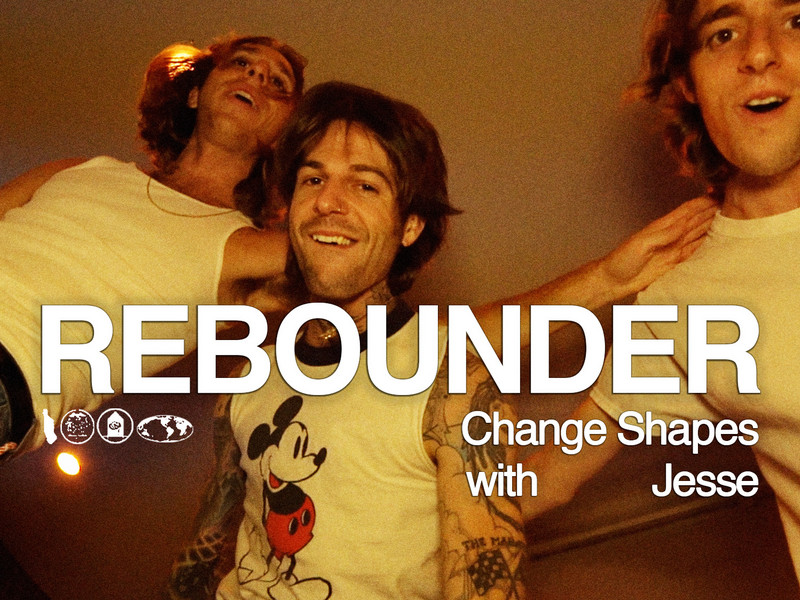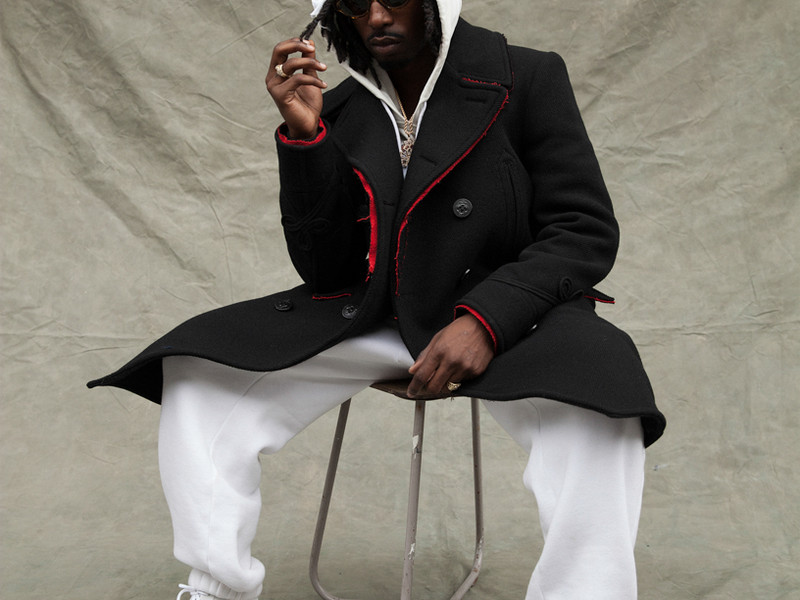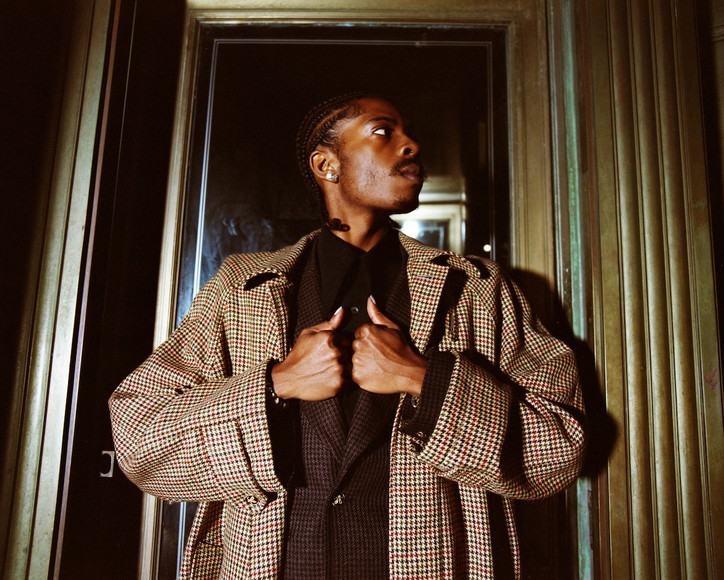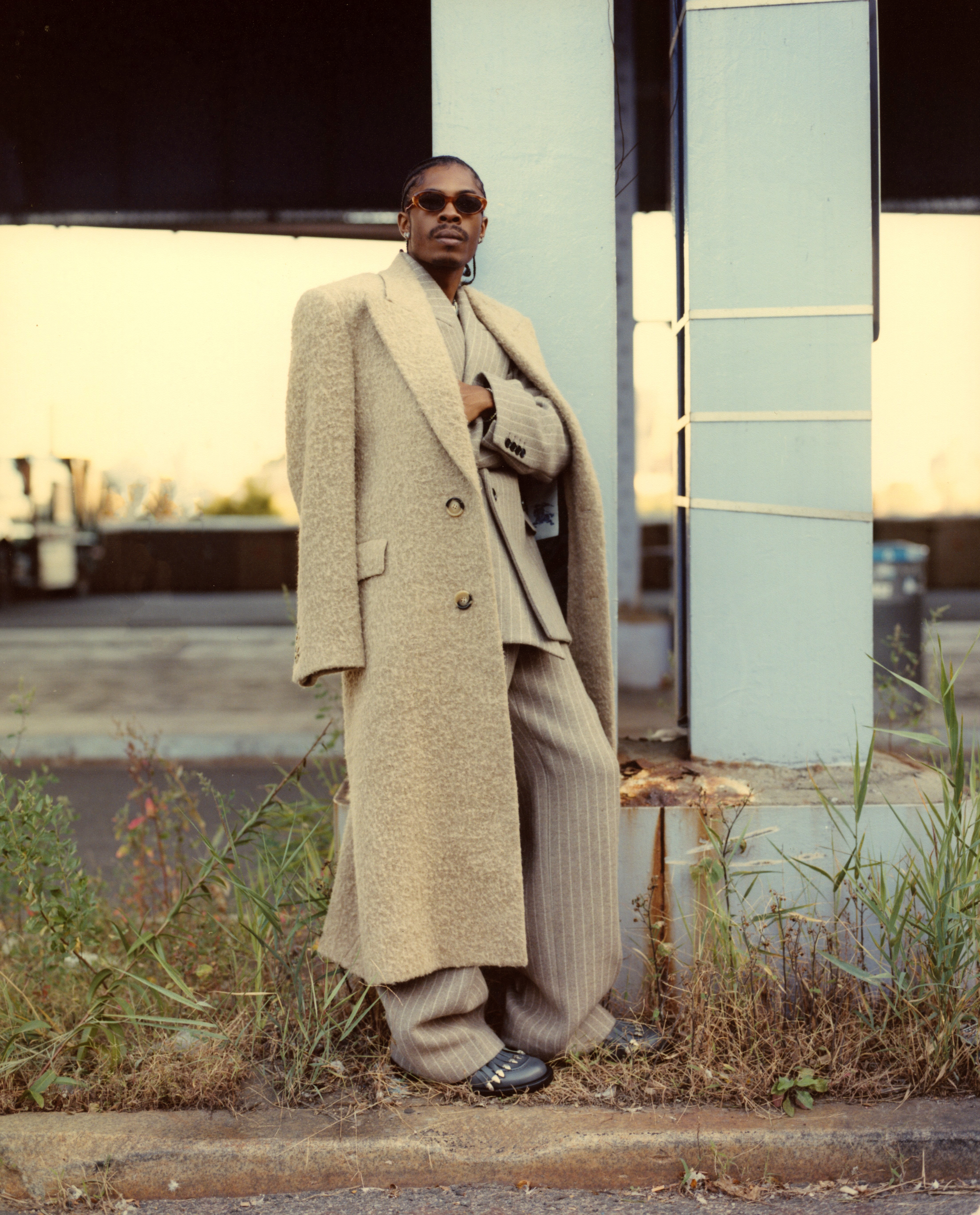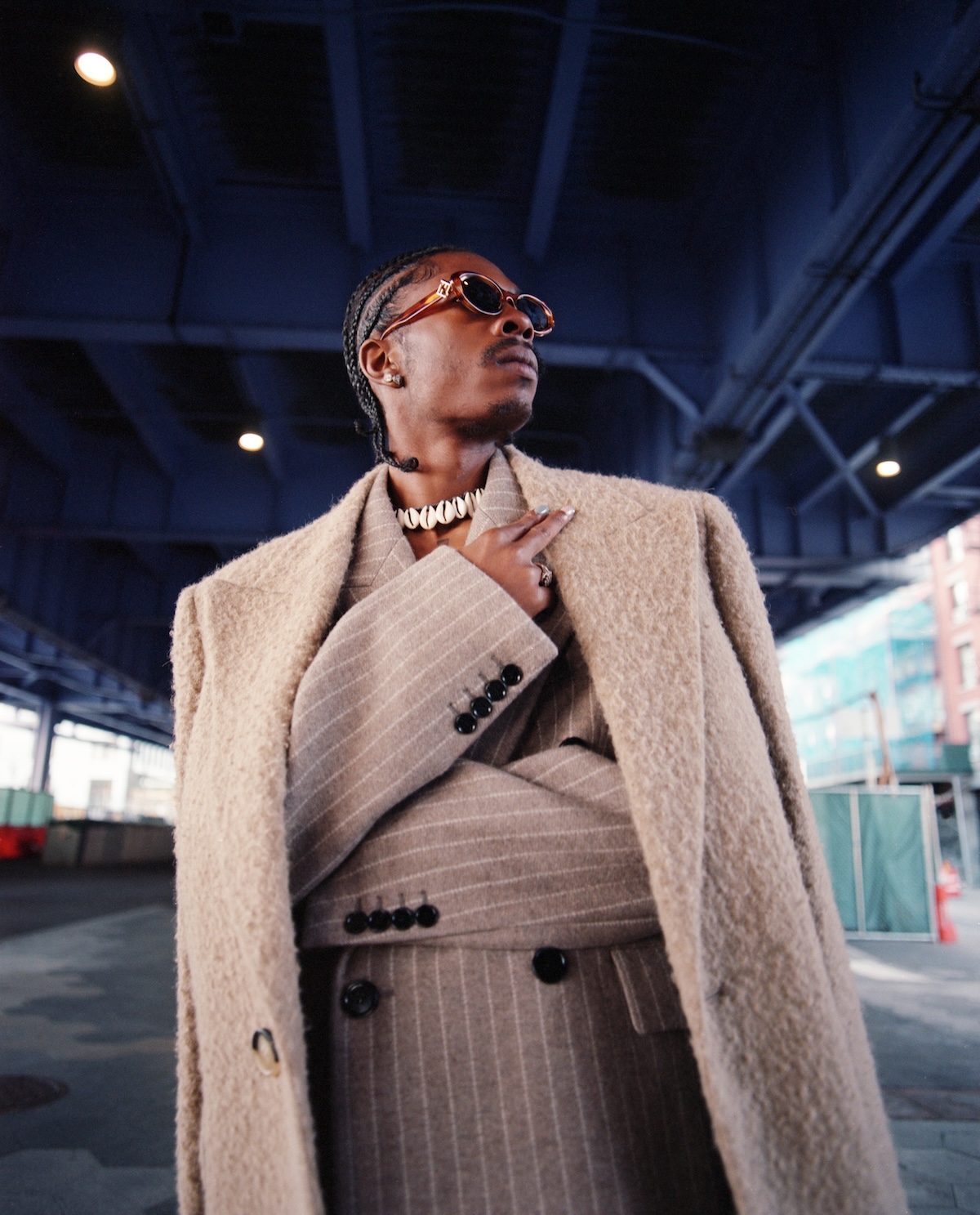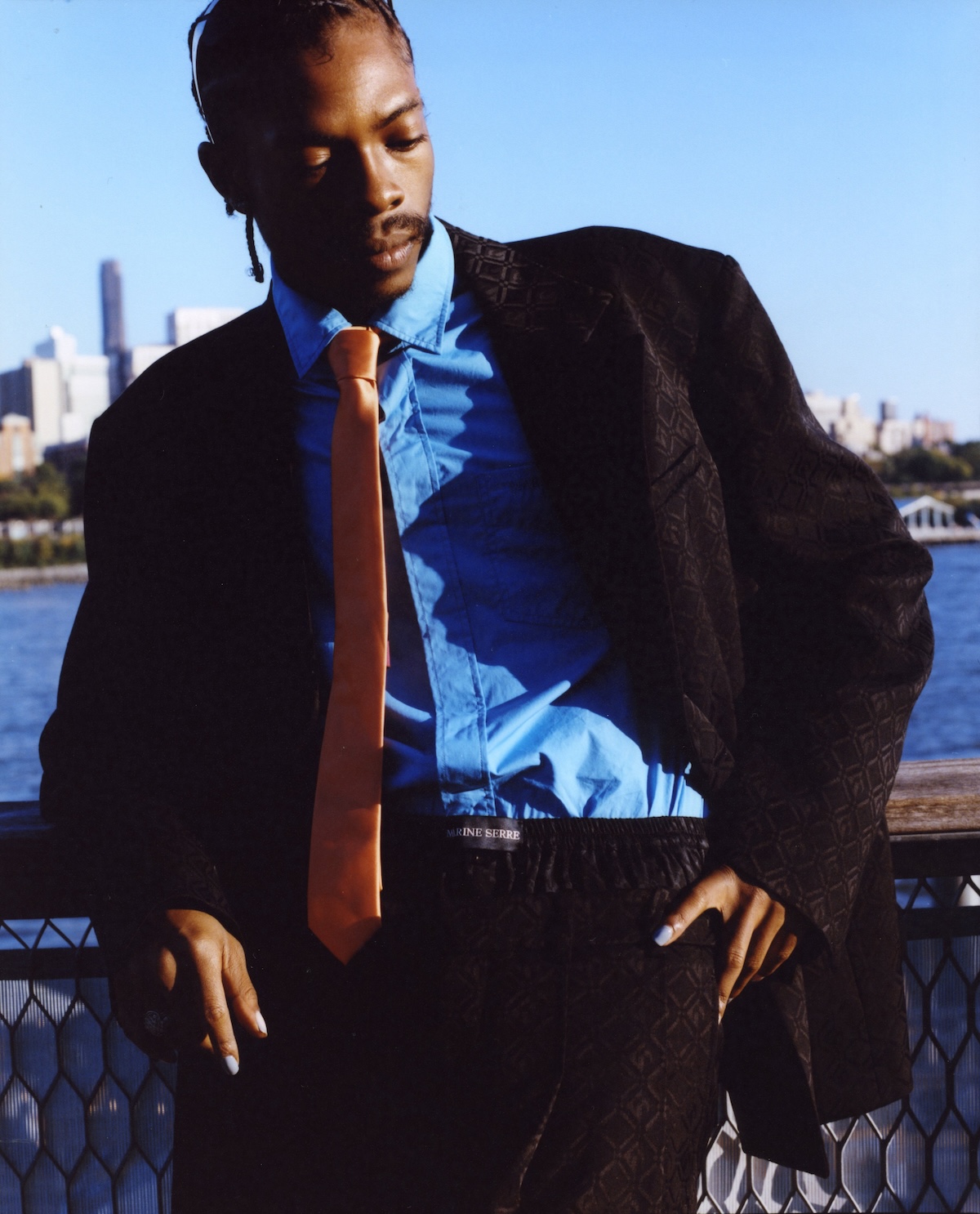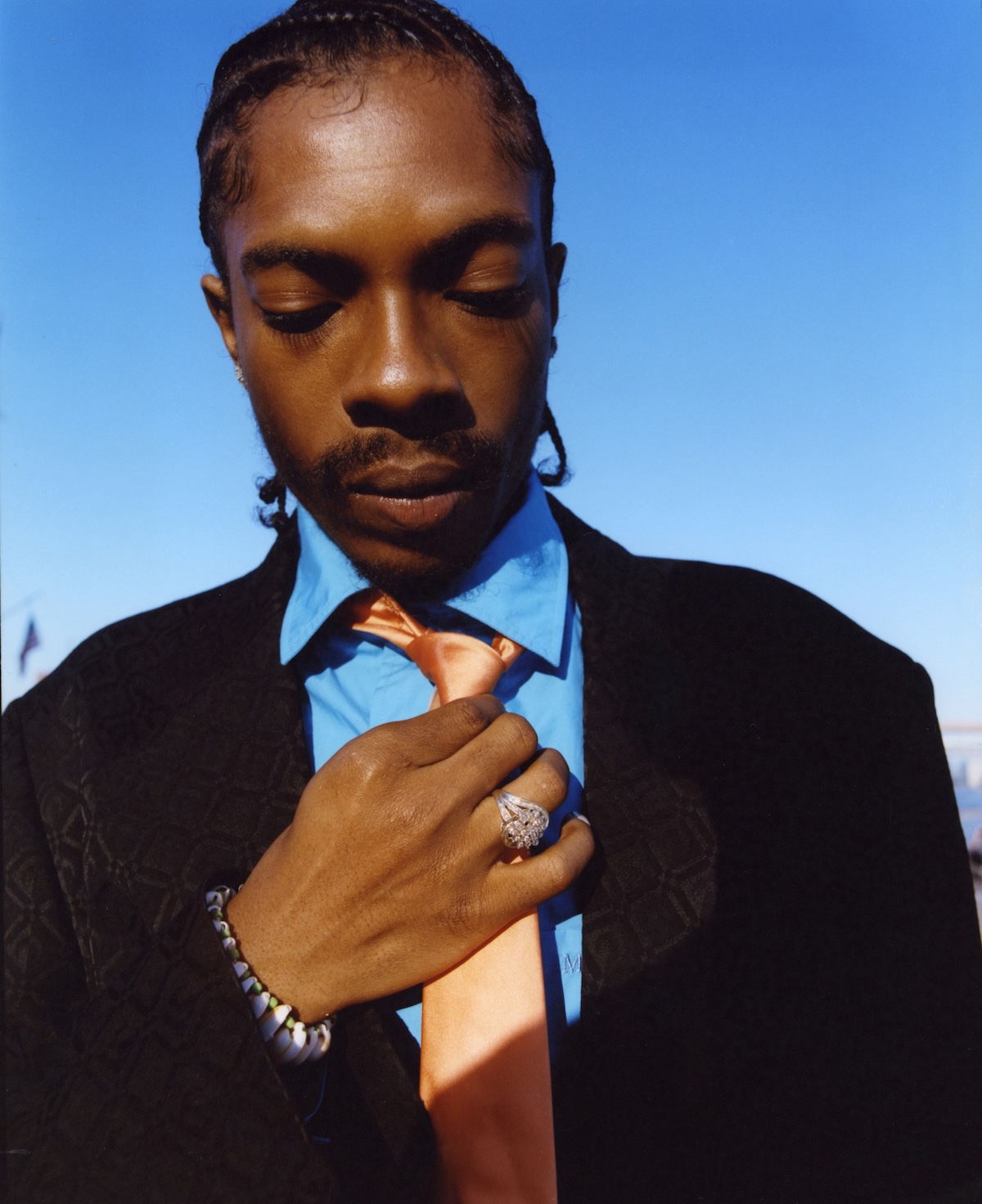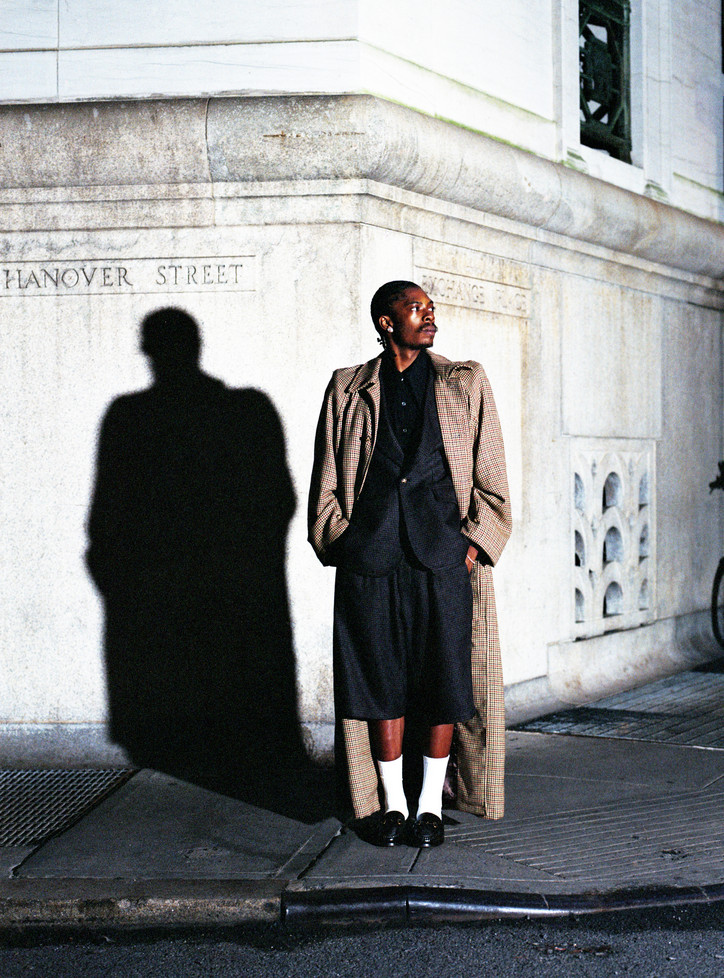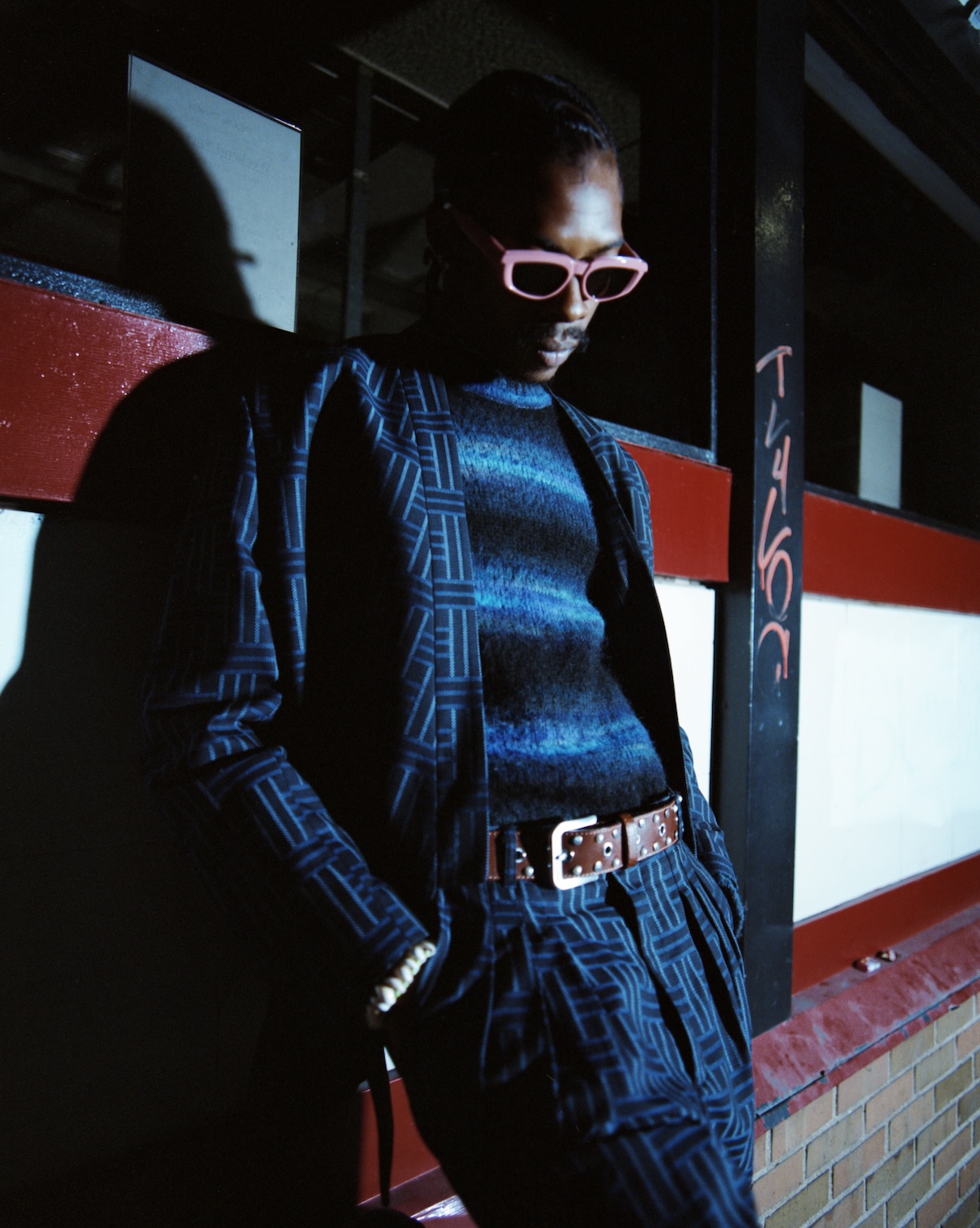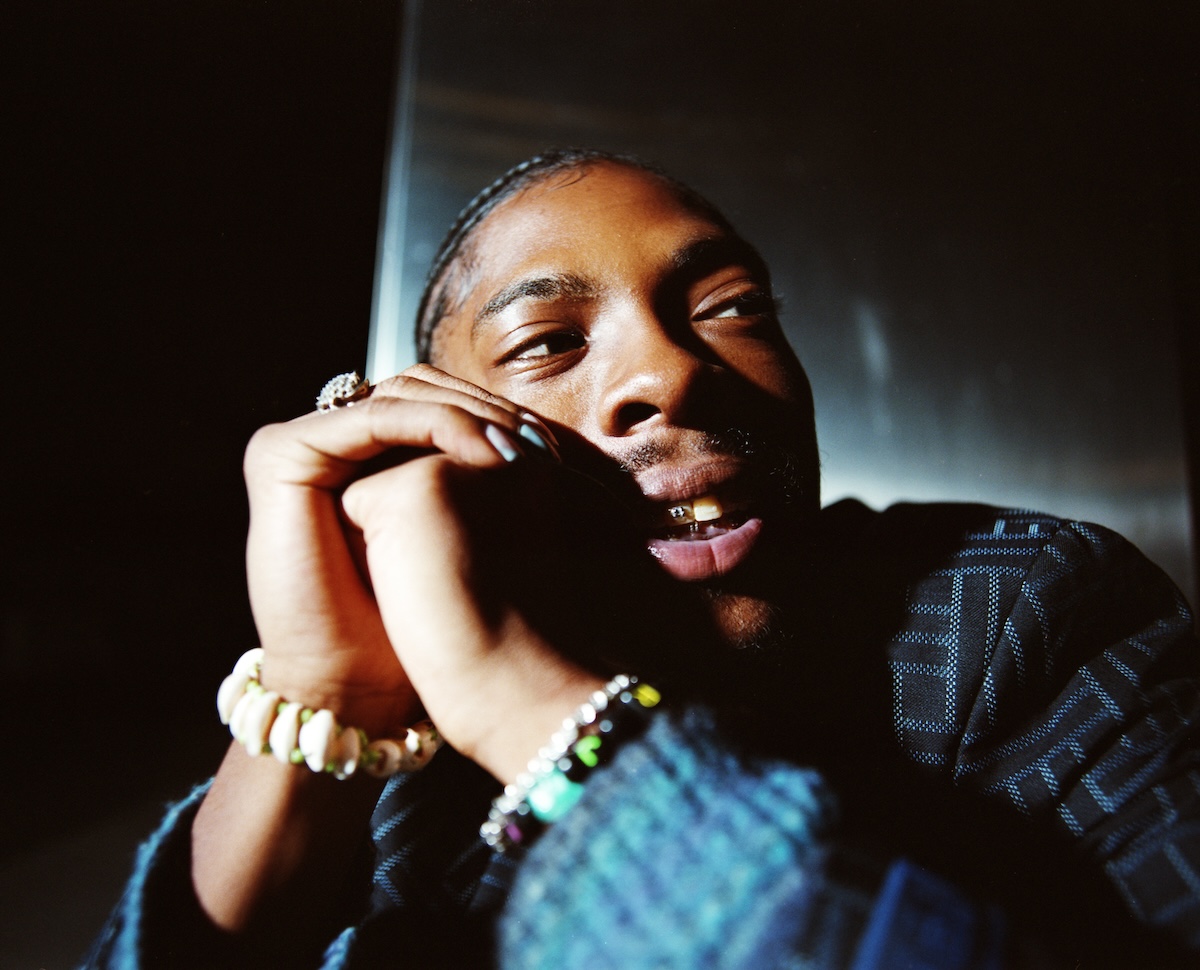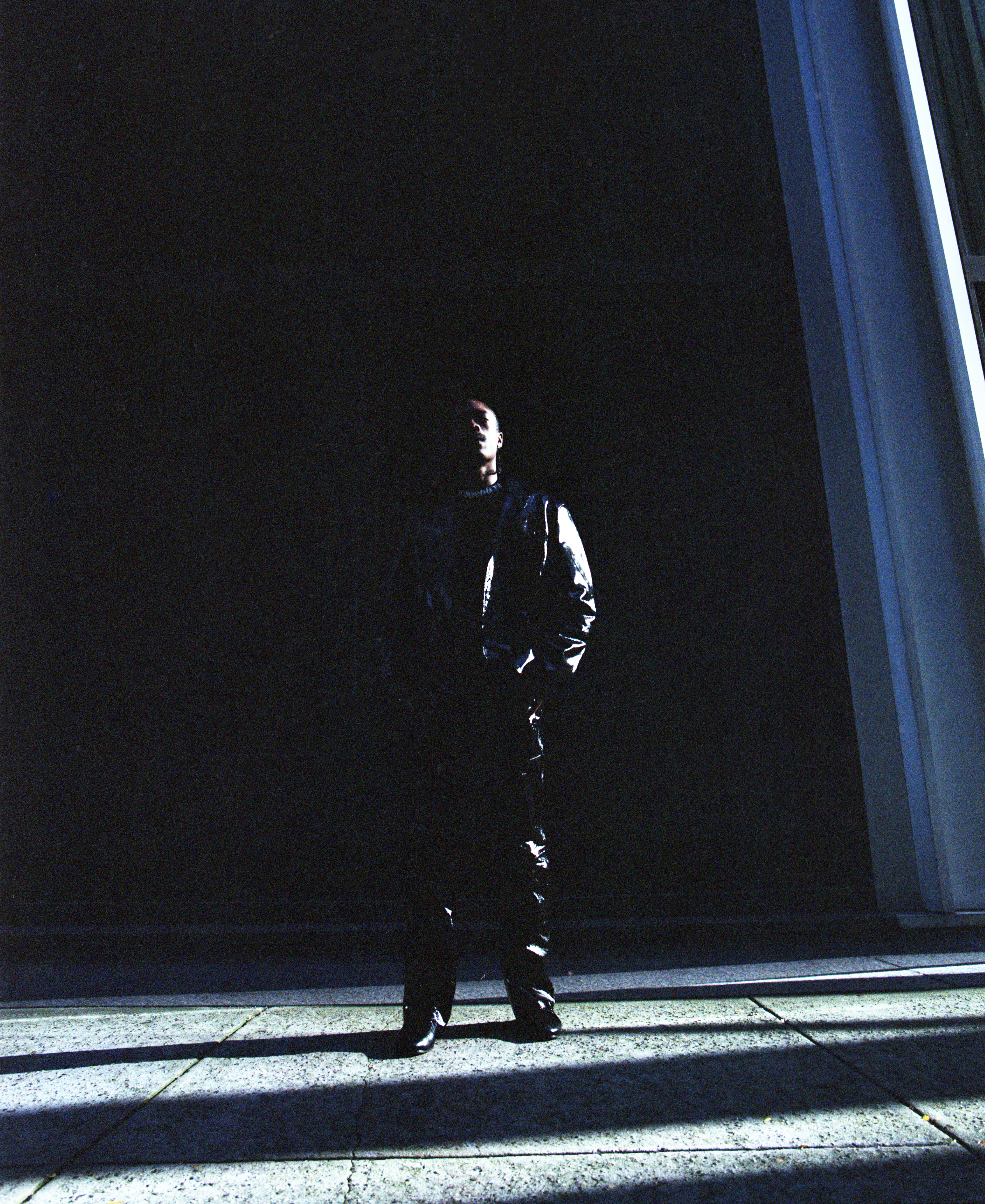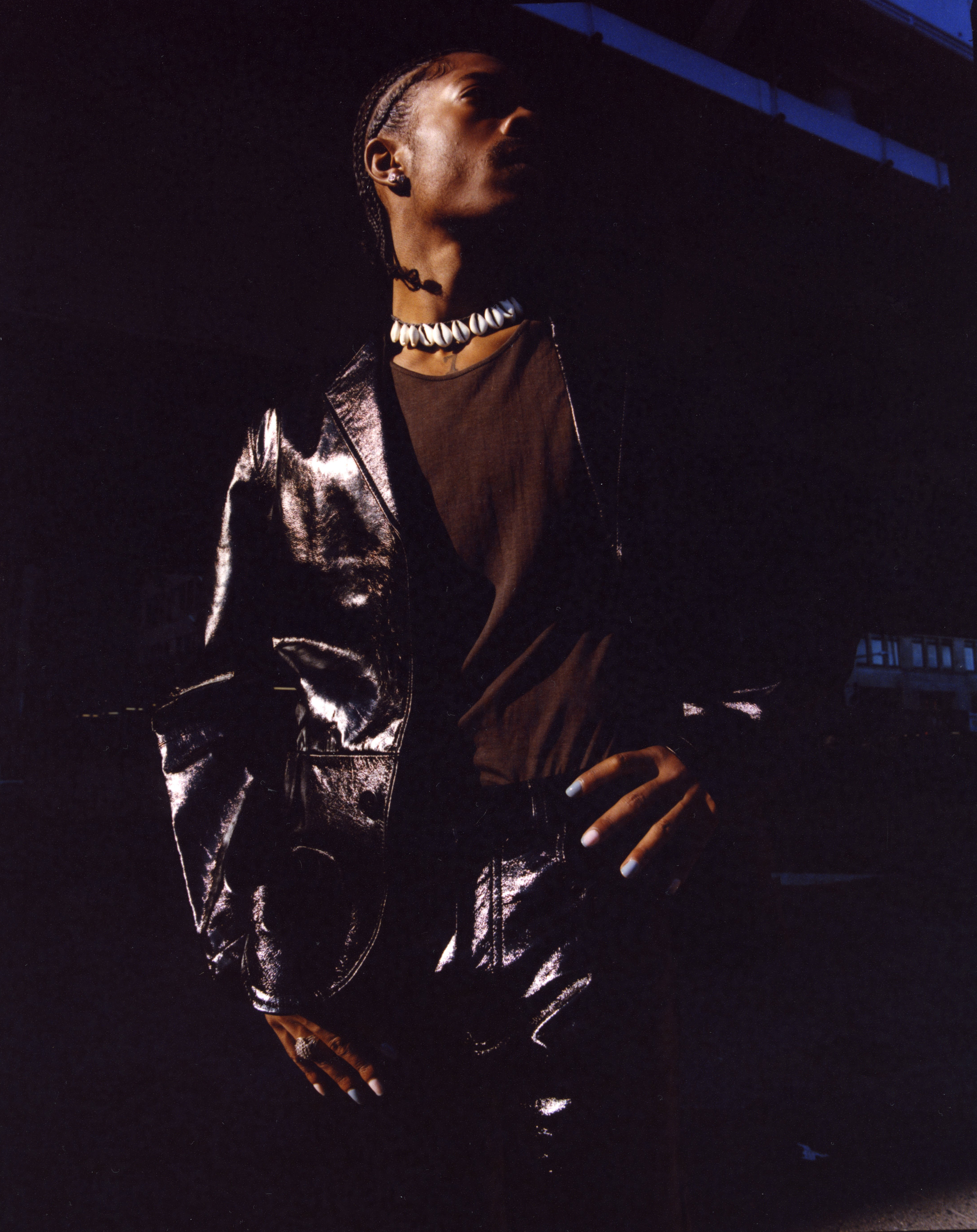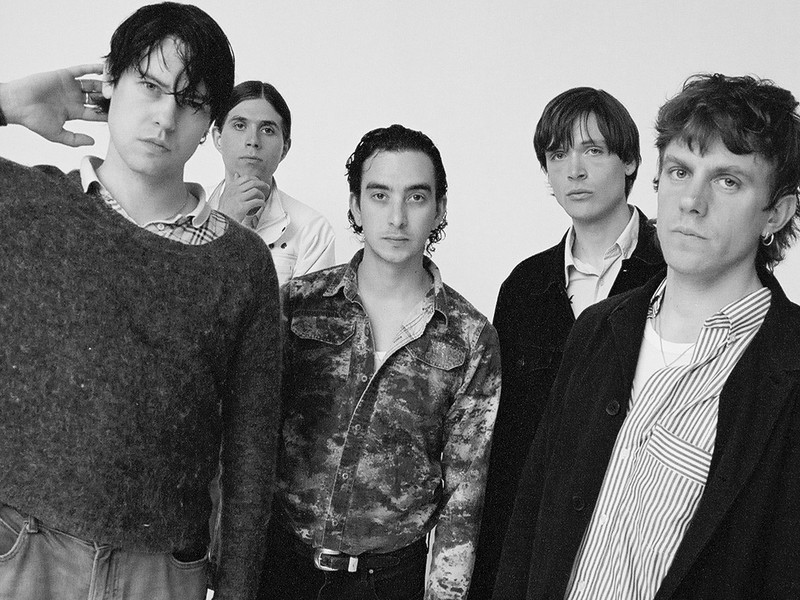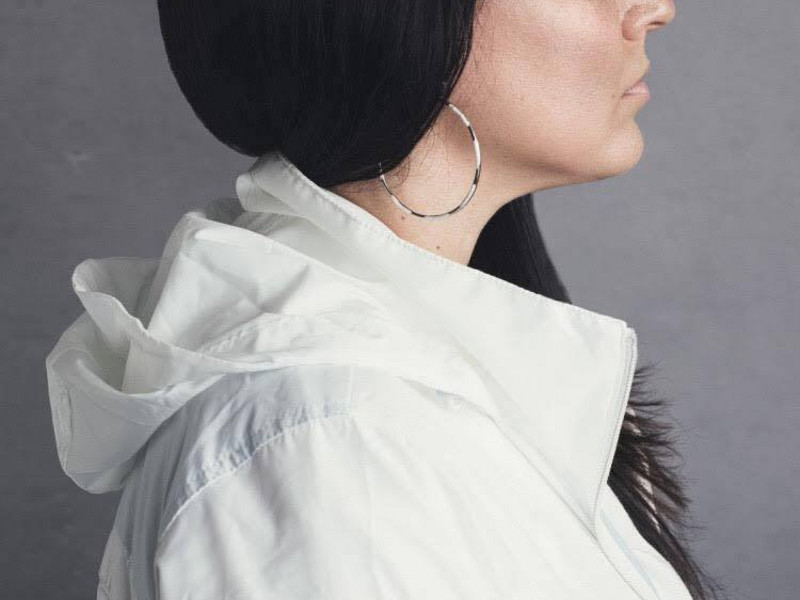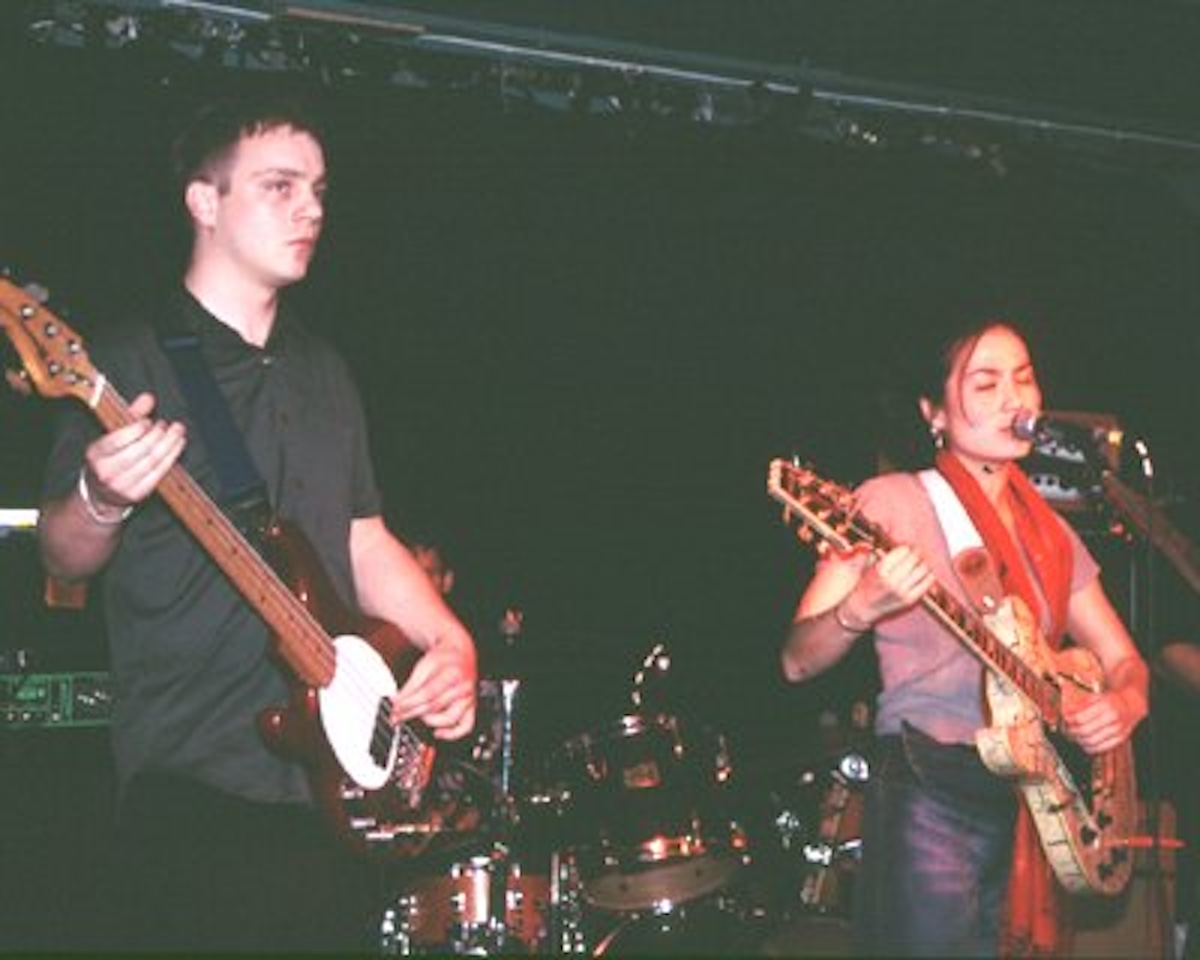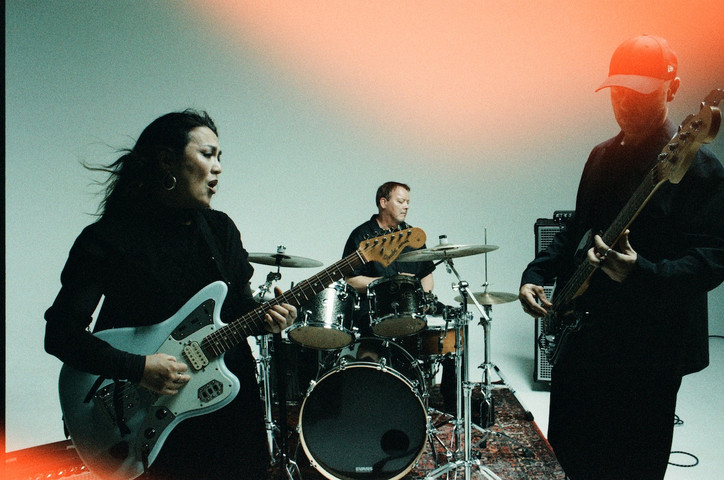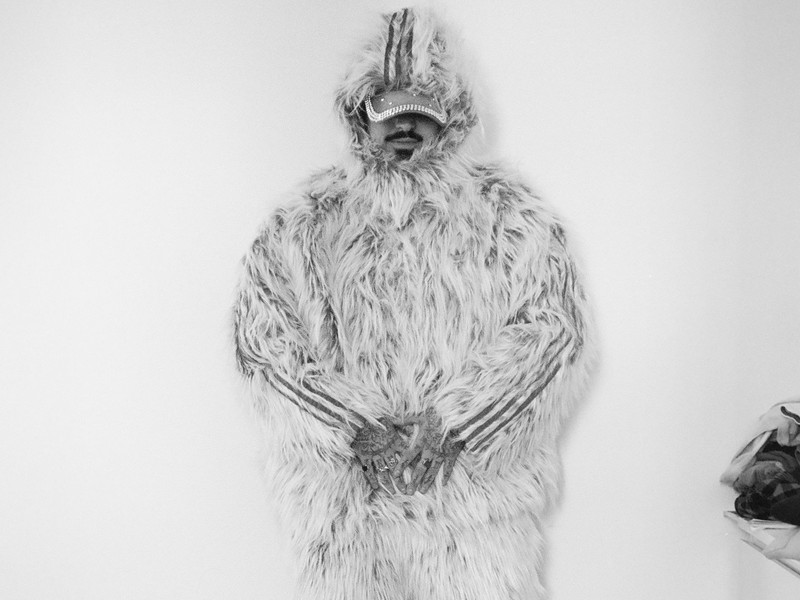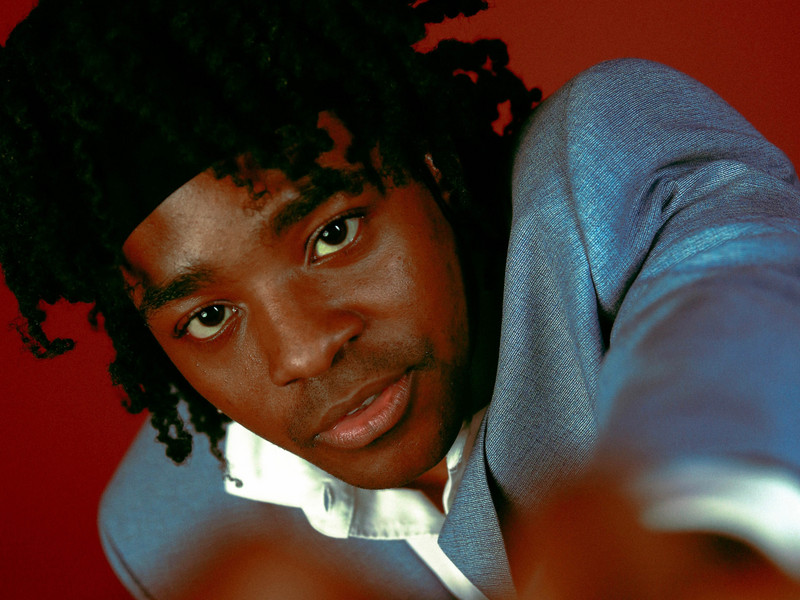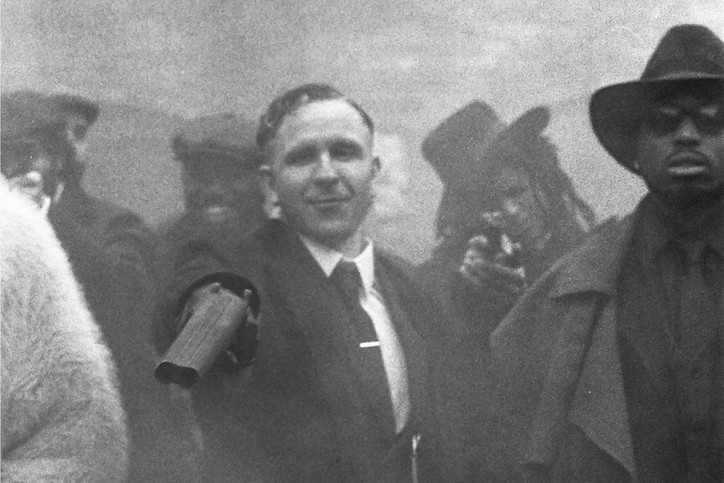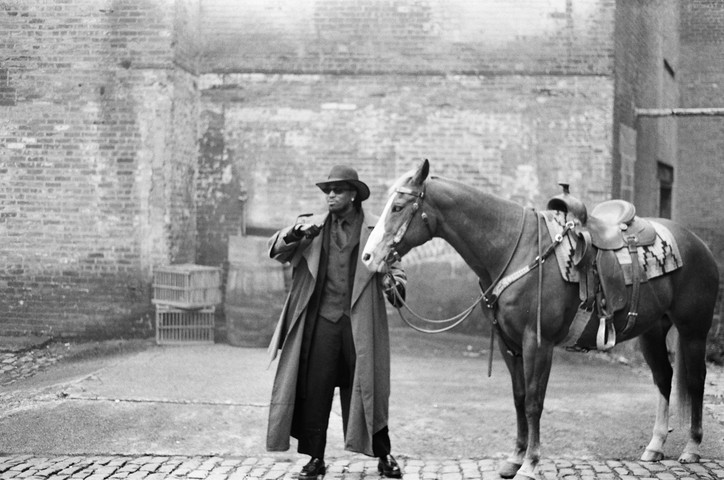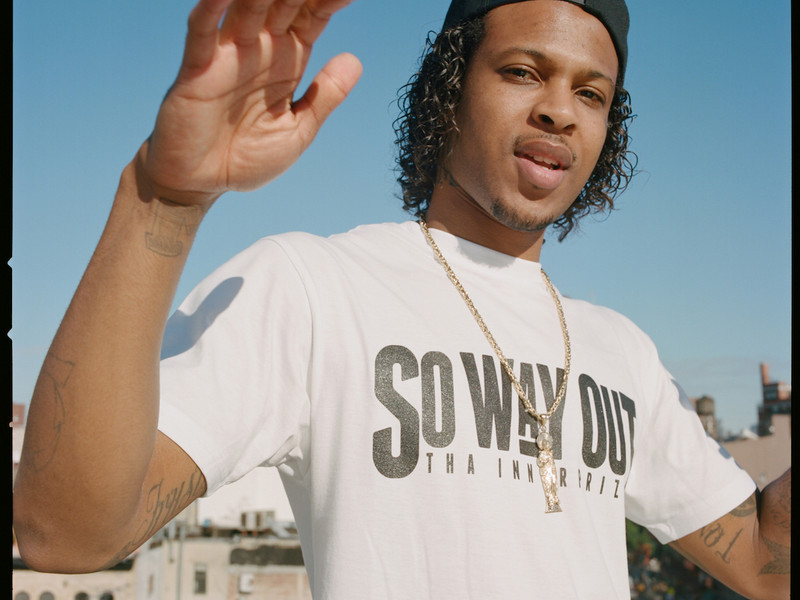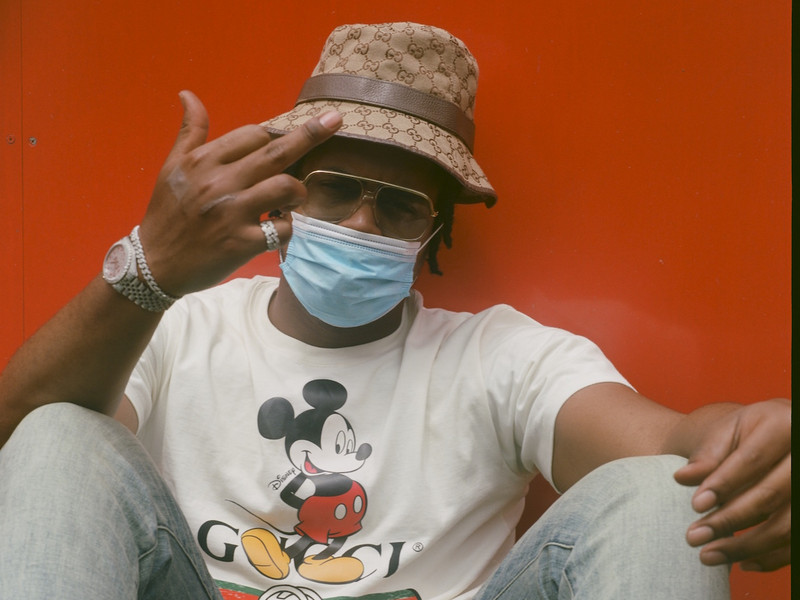Austin Anderson's Letters for Later
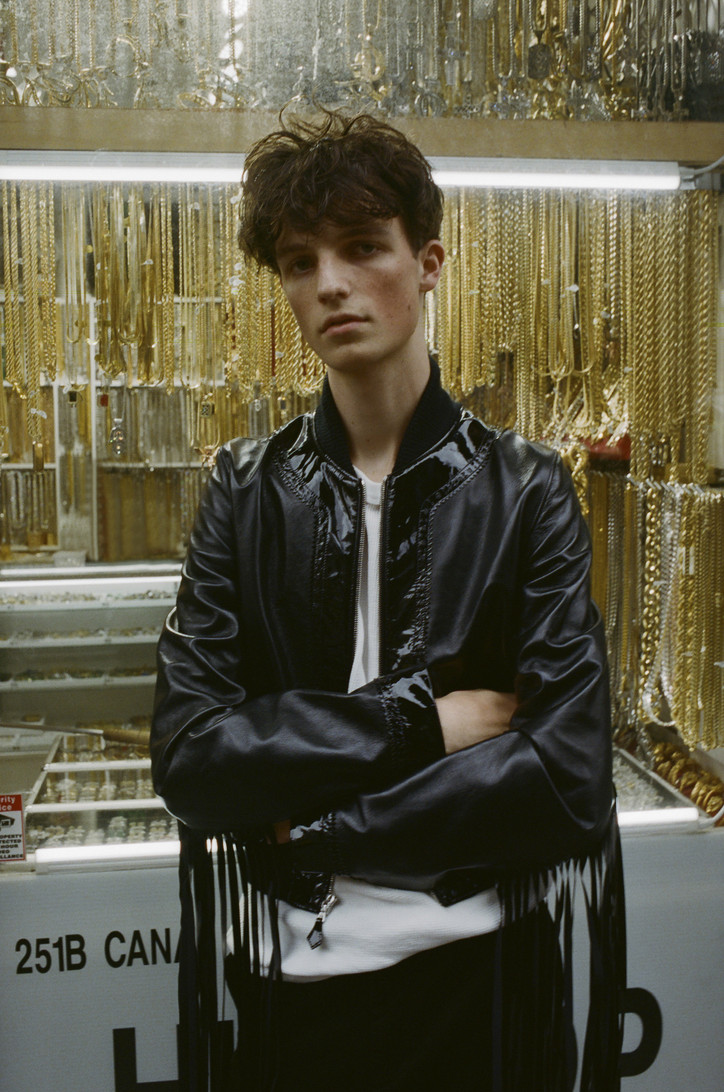
office sat down with the artist while he was in town for a show, to talk about the LA punk scene, the current musical climate and which coast is best. (Spoiler alert: East. Duh.)
Can you tell me a bit about how you got into music?
I met all of my bandmates [Daniel Fox, Aaron Jassenoff and Jackson Katz] when I started out playing punk shows in Los Angeles. Especially venues like The Smell and Downtown. We just all kind of played in each other’s bands and it was just a big family thing, which is cool—that doesn’t happen a lot.
Did you all have a similar vision going into this process? I feel like, exactly what you just said—you don’t often meet people that you can just click and create with.
Yeah, I think we’ve all shared a really similar vision going forward with music, in general—we all take it really seriously. The music scene that we were brought up in was full of people, so it was difficult finding that core group of people who you can trust—I mean, not to say there aren’t good people in the scene or anything like that, but we got really lucky.
You’ve done a lot yourself as well, especially in the realm of collaboration, which isn’t always the easiest thing to accomplish.
Thank you. But I wasn’t always open to collaboration. Some of the earlier stuff I’ve done was because I liked the music, but a lot of the time, I’d just do it myself. But as time goes on and you make more things, you realize that you need help from other people and that most artists are just better than you. My viewpoint has shifted a lot and now, I think it’s completely necessary for growth, because your career probably won’t last very long otherwise.
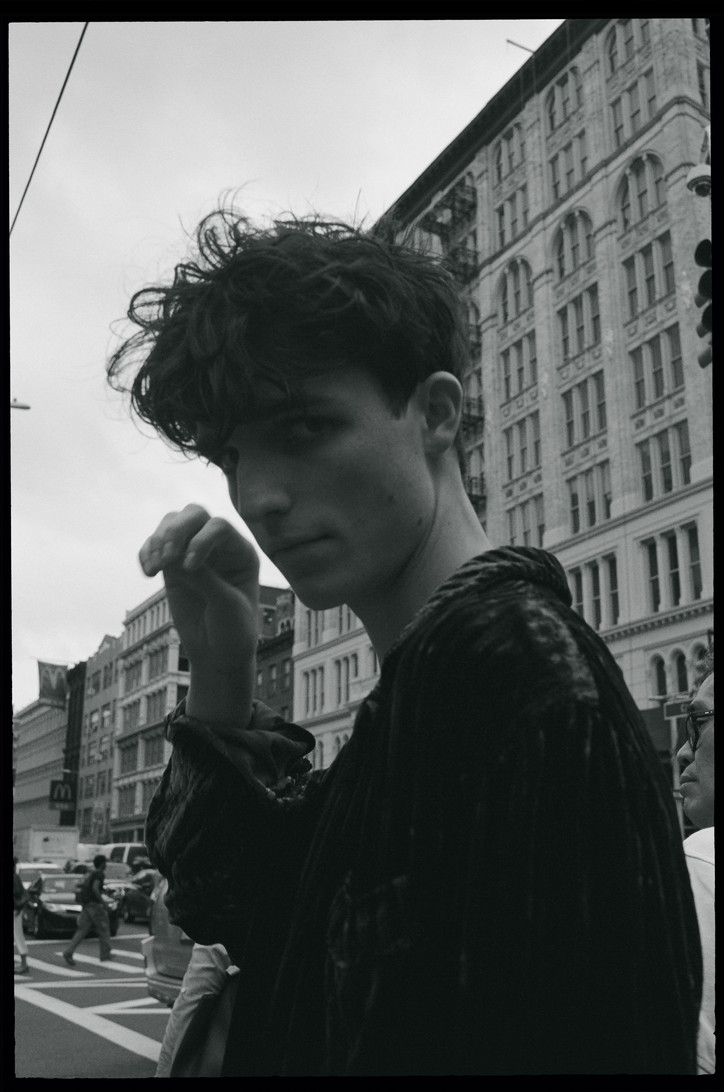
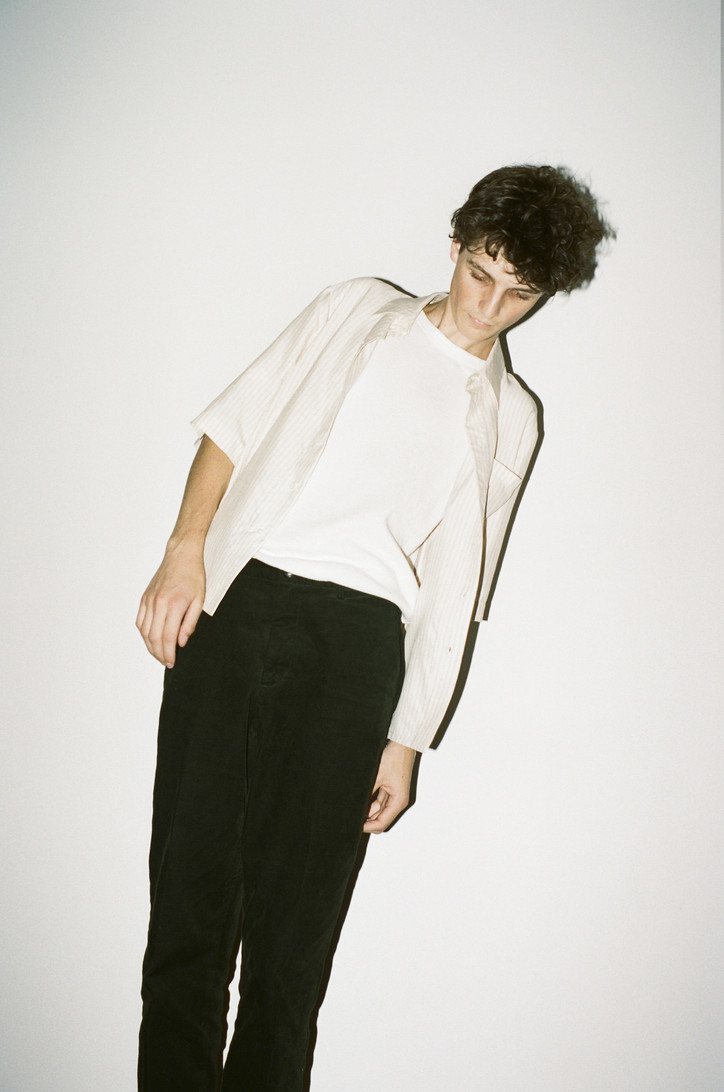
Right: Faith Connexion shirt; Left: Faith Connexion shirt, Austin's own pants & shirt.
I really love your “Lessons for Later” video by Kevin Abstract. The vibe is kind of peculiar—really dark, but also kind of dreamy. Do you think that’s sort of representative of your aesthetic?
Hopefully. Since it was our first official music video that we made, I wanted the visual to be a marker for everything we’ve done up to that point, which was relatively mellow, but had an interesting undertone to it. That’s why I don’t move the entire video and I’m just standing there. It felt necessary—otherwise, it would have been too much acting. We just wanted to make something that wasn’t too overstated or full of itself, while at the same time, just making something that was sort of pretty and had some thought to it.
Opting to take a subtler approach to music, how do you feel about the current musical climate?
It’s definitely oversaturated, but it’s not necessarily a bad thing. Just the output and opportunities and the value of everything is pretty insane right now. It’s not anything new, but it’s kind of refreshing to be able to find something entirely new anywhere you look. It keeps you on your toes and encourages you to make forward-thinking music because if you’re not paying attention you could miss a beat.
But do you ever feel like there’s too much to discover?
I think there can be. I never really felt like that personally, just because I keep my scope pretty narrow, otherwise things can get blurry, and it’s easy to get lost in other people’s output and start making stuff based on visions of people around you.
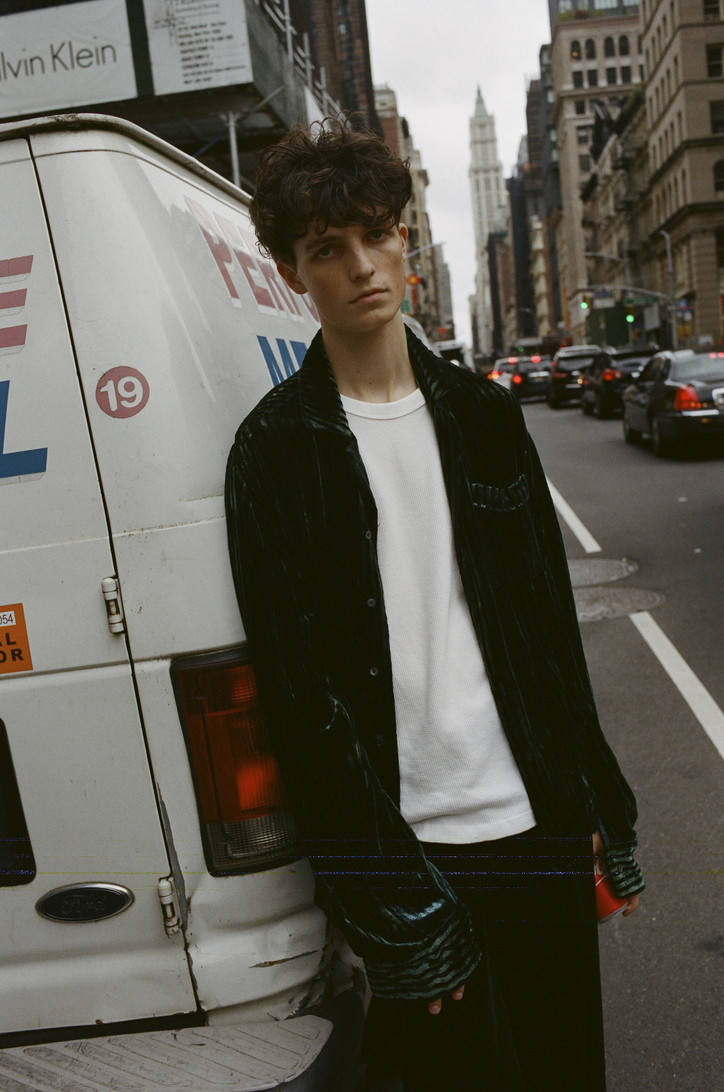
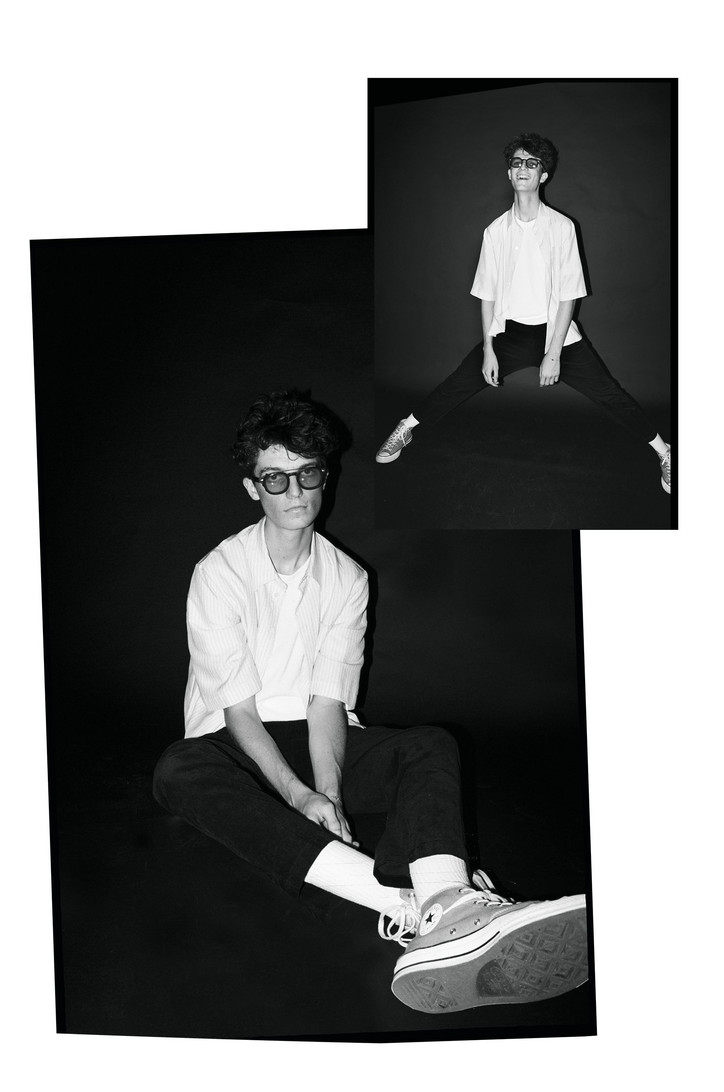
Right: Faith Connexion shirt, Austin's own pants & t-shirt; Left: Faith Connexion shirt, Moscot glasses, Austin's own pants & t-shirt.
Why did you choose the guitar as your main instrument?
It’s always the default instrument for young people. It’s heavily marketed to make people look cool. You can get starter packs for guitars really cheap and you can get whatever model your favorite rockstar has for really cheap, too. Not that that was the reason I started, but it felt like the most realistic and something you could write songs on, whereas other instruments have a standard of where they belong, which never really interested me—I always wanted to have options. But also, the guitar just looked really cool, which is something I was definitely thinking about when I was seven.
You’ve worked with some of the great musical innovators of our generation, like Tyler and Frank. In my mind, they’re such ever-evolving artists and it’s interesting you also mentioned the endless features that the guitar has provided you when it comes to your craft.
I think as soon as you think you’ve learned everything, that’s when you stop. I guess if we’re talking about Frank or Tyler, they’re great examples of the balance between knowing they’re opinion matters, but also not pretending they know everything. They’re taste is always evolving. At least, I know Tyler, for example, is always pushing forward—even if it feels too ahead of right now, it will come back around and prove that he’s right. We’re already seeing that with Cherry Bomb. I think people are currently rediscovering that album because it was so ahead of its time.
Maybe that ties back into the saturation of the music industry.
It’s based on where the mass celebrity goes, basically. And if the mass celebrity is being fucking insane, which clearly is happening right now with artists like Kanye, for example, then that’s what people will listen to. It takes a lot of people to listen for a real, forward-thinking artist to be actually appreciated. So, it’s nice that people who really want to push boundaries are being recognized.
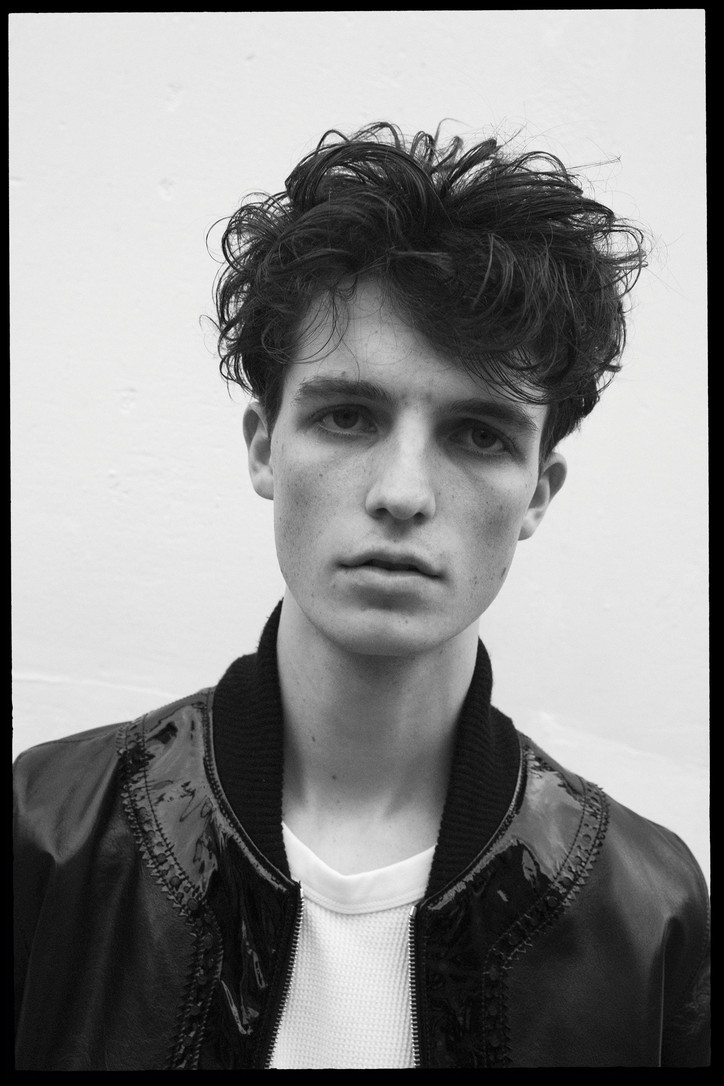
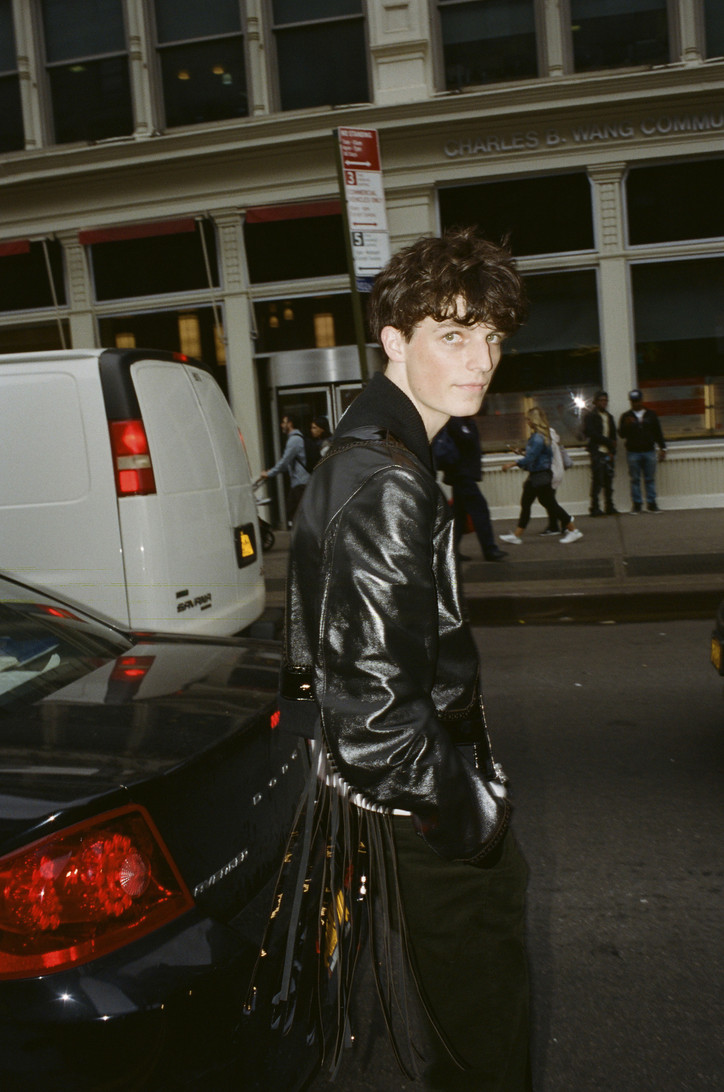
Above: Linder jacket, Austin's own pants.
You just got back to LA after touring throughout the U.S. Which do you prefer: East Coast or West?
I just don’t really get much inspiration out of Los Angeles, but I don’t necessarily want to leave. I think what LA has to offer is just more space and the ability to breathe. But the East Coast has more energy—the buildings, visuals, opportunities and the representation of people is just different in a way that makes me just feel energetic when I’m there. I think things fly under a radar—not in a way that they go unnoticed—but there’s more normalization of interesting things. Still, LA is interesting in its own way.
How so?
In LA, you can find places where things go on, but it’s not too community-based, which I kind of like, because I like doing it on my own. I’m drawn to a more domesticated lifestyle. In New York, you always have to be on your toes. So, in that sense, I like the stability that Los Angeles has to offer.
What are you working on next?
We have an album that’s being finished right now—I don’t think that’s much of a secret. There’s no release date yet, just because it’s still being finished, but I think we’re trying to go back to why we started writing music and capture that feeling again, which resulted in not simpler songs, but songs that were really sticky, and really had a purpose, and didn’t overstay their welcome—maybe that made the songs a little poppier or faster. We’re always just trying to not bore ourselves.
Listen to Slow Hollows' most recent single, "Selling Flowers," and watch "Lessons for Later" here.
